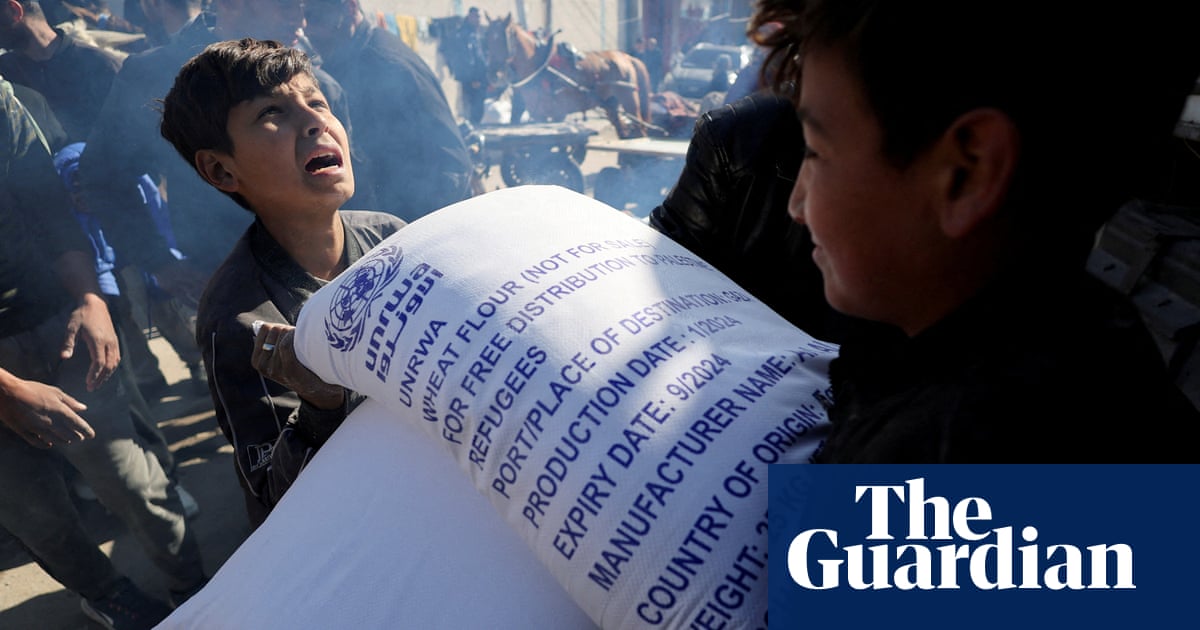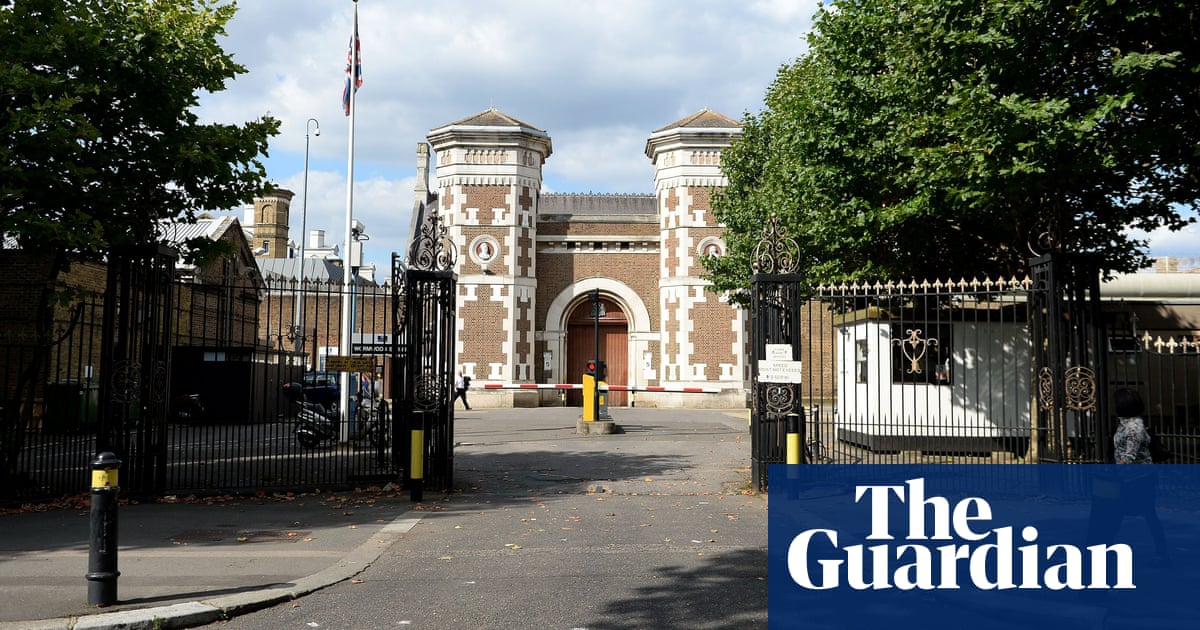
Christian Horner, the Red Bull principal, believes Formula One’s owners would step in to prevent any team from going under to ensure the survival of the sport. With race income severely curtailed by coronavirus, Horner insists Liberty Media is aware of the risk and would prop up competitors if necessary.
Nine grand prix meetings have been called off this season and with race fees a key source of income, there is genuine concern that smaller teams may not have the resources to survive. F1 fields 10 teams and has no plans for any new entries. Losing even one or two would be a major blow to the world championship.
There is no guarantee any races will be held in 2020 and were that the case, Horner says Liberty would act. “It could be an enormous blow and at that point the promoter has to decide,” he said. “It is their business, they have to decide how do they keep these teams alive because they need teams to go racing. The Liberty guys would do whatever they can to ensure that 10 teams are on the grid and competing next year.
“In order to protect their own business I believe they would help to facilitate, which means paying, to ensure that those teams would be around to compete next year.”
Horner said F1’s ongoing attempts to impose a lower budget cap – set at $175m in 2021 – is a misdirection for the sport, which is thinking too conservatively in its short-term efforts to control the damaging effects of the global pandemic. McLaren have argued for a decrease to $100m, while F1’s big three – Red Bull, Mercedes and Ferrari – spend more than $400m annually.
Horner, however, says that some teams have used the budget cap debate as a chance to push their own agendas. “Teams are competitive beasts, of course they are looking to use an angle,” he said. “The cap is a discussion about competitiveness, not about money. It’s about trying to bring the top teams down to a level where the midfield teams feel they can compete. The reality is that whatever the level of spend there will always be teams that run at the front and teams that run at the back.”
On Thursday, the latest meeting failed to reach an agreement, with the idea of a cap of $145m, moving to $130m after a year, on the table. The big three argue their operations and development costs could not be compared with those of smaller teams and Horner insists his team cannot go below $140m. He is in favour of a two-tier cap, but also believes F1 should be more adventurous in considering how to deal with the short-term fiscal threat.
“If we were really serious about reducing the cost, particularly for the small teams, I would be in full favour of supplying for the next two years a full customer car,” he said. “The smaller teams wouldn’t need any R&D. They would run just as race teams and they would reduce their costs enormously.”
The concept of customer cars is at odds with the sport’s character of every team building their own prototypes. This has not always been the case, however, and Horner argued that the sport had to think more radically. “With the modern 3D photographic technology all teams utilise they are all trying to copy each other’s cars anyway,” he said. “Times change, things move. F1 used to have customer cars years ago. You could buy a car from March or from Ferrari and go racing.
“We need to think out of the box rather than just going round and round, beating ourselves up about numbers. If this is all about saving the little teams and improving their competitiveness, it would be a very difficult to argue against the logic of a small team being able to take a customer car.”












